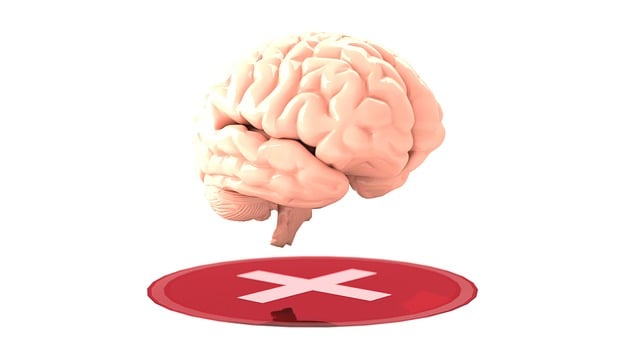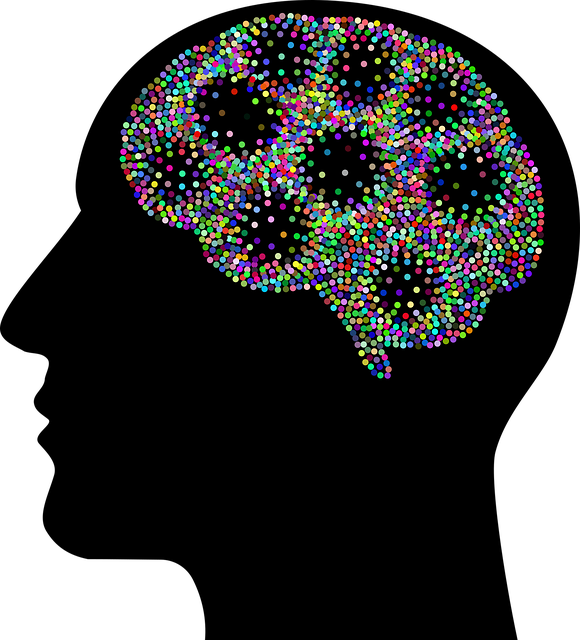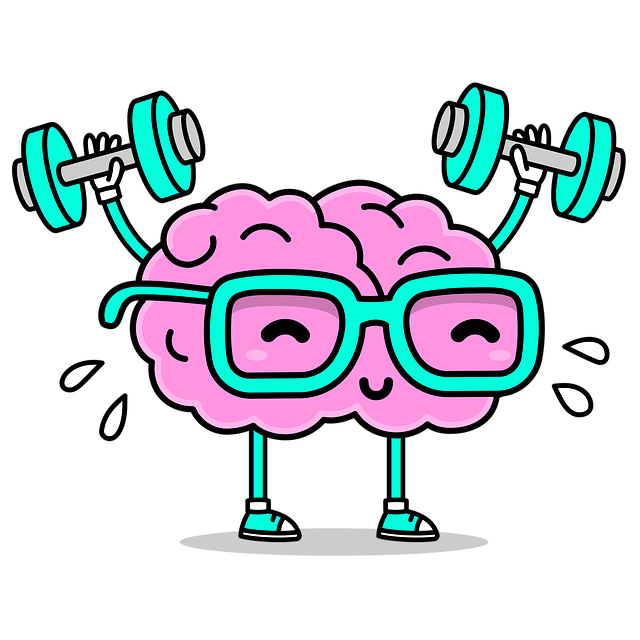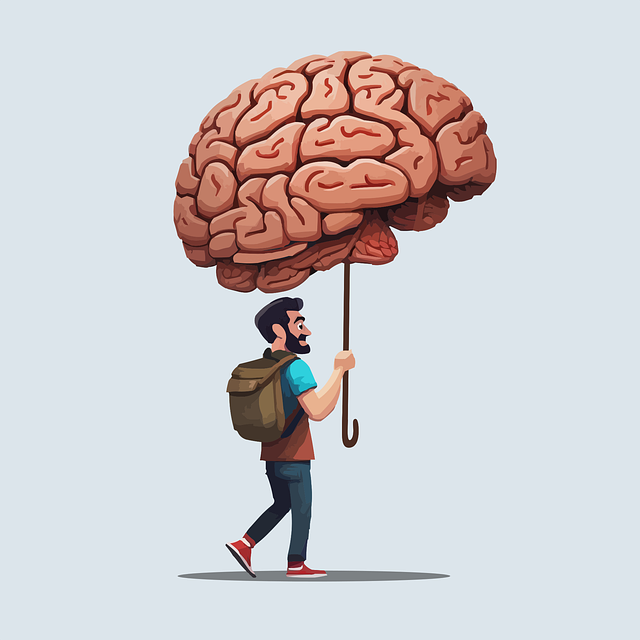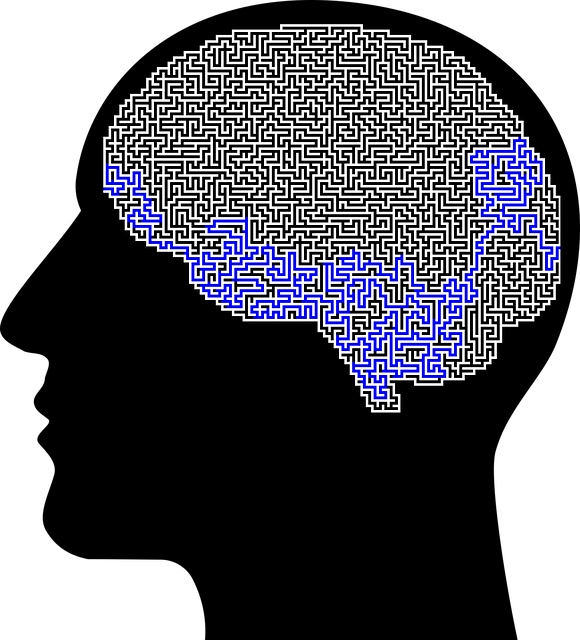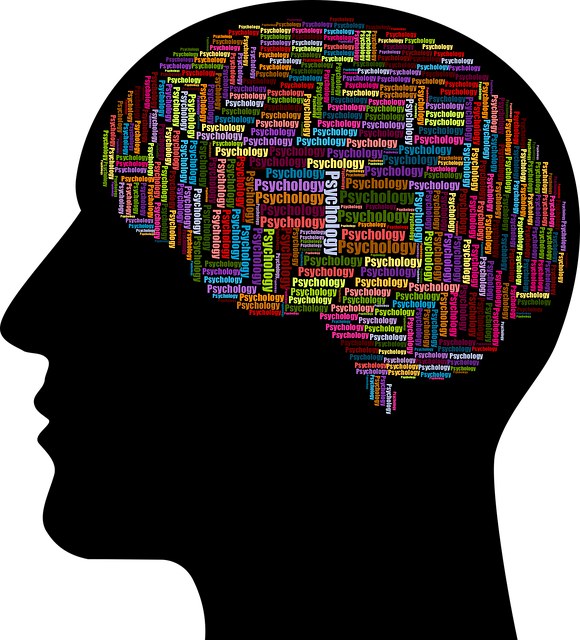In today's digital age, mental wellness apps like Arvada Veterans Therapy are transforming access to therapy, especially for veterans. These applications offer personalized features, mood tracking, mindfulness exercises, and peer support, empowering users to manage their mental health proactively. The development process involves understanding user needs, expert input, UX studies, native development tools, AI algorithms, and community outreach, ensuring an intuitive, engaging, and secure experience. Arvada Veterans Therapy is a successful example, providing accessible, personalized therapy services tailored to veterans' unique challenges, including secure messaging, video conferencing, risk assessment tools, and cultural competency training.
Mental wellness apps are transforming access to therapy, offering crucial support for individuals seeking emotional well-being. This article explores the burgeoning landscape of mental health technology, focusing on the development and impact of innovative apps like Arvada Veterans Therapy. We delve into the key features that define effective therapy applications, the technological advancements driving their creation, and examine real-world success stories to understand their profound effects on user lives.
- Understanding the Need for Mental Wellness Apps
- Key Features of Effective Therapy Applications
- Development Process and Technologies Involved
- Marketing and Impact: Arvada Veterans Therapy as a Case Study
Understanding the Need for Mental Wellness Apps

In today’s fast-paced world, mental wellness has emerged as a paramount concern for individuals across various demographics, including veterans. Applications focused on mental health support, such as Arvada Veterans Therapy, have become increasingly important tools to address this growing need. With the rise of digital technology, many people find accessibility and convenience in seeking therapy and managing their Mental Wellness through apps designed with user-friendly interfaces and personalized features. These applications cater to a wide range of issues, from stress management and anxiety reduction to trauma recovery and social skills training—essential components of comprehensive Mental Health Education Programs.
The integration of technology into mental health care offers numerous advantages, such as increased accessibility, reduced stigma, and tailored interventions. By leveraging advanced algorithms and AI-driven tools, these apps provide personalized support, enabling users to track their progress, receive timely reminders for therapy sessions, and access resources that align with their unique needs. This shift towards digital solutions is not just a trend but a necessary step in ensuring that effective Mental Wellness programs reach those who might otherwise face barriers to traditional care, including rural populations or individuals facing scheduling conflicts.
Key Features of Effective Therapy Applications

Effective therapy applications go beyond mere digital imitation of traditional therapy sessions. They leverage technology to foster continuous engagement and personalized support, making mental wellness accessible 24/7. Key features distinguishing these apps include interactive tools for tracking moods, automated mindfulness exercises tailored to individual needs, and access to a community of peers and professionals for shared experiences and encouragement. These applications often incorporate gamification elements, encouraging users to stick to their self-care routines through rewards and challenges, promoting emotional well-being in engaging ways.
Arvada Veterans Therapy, for instance, could integrate burnout prevention techniques by alerting users to potential signs of exhaustion and offering coping strategies. Self-care practices are also integrated, enabling users to schedule relaxation activities, set personal goals, and monitor their progress over time. Through these multifaceted approaches, therapy apps empower individuals to take charge of their mental health proactively, ensuring a supportive digital environment for enhancing resilience and fostering overall well-being.
Development Process and Technologies Involved

The development process of a mental wellness app involves several critical stages. It begins with a thorough understanding of the target audience’s needs and challenges, often shaped by input from professionals like those at Arvada Veterans Therapy. Researchers conduct user experience (UX) studies to map out the ideal app flow, ensuring it caters to diverse mental health requirements. This phase is crucial for designing an intuitive interface that promotes engagement and fosters positive user interactions.
Technologically, developers leverage a range of tools. Native development platforms like iOS Swift or Android Studio create apps optimized for specific operating systems. Cloud-based solutions enhance scalability and data security, which is essential for sensitive mental health records. Additionally, integrating artificial intelligence (AI) algorithms enables personalized recommendations and predictive analytics. Risk Management Planning for Mental Health Professionals and Healthcare Provider Cultural Competency Training are implemented to ensure data privacy and cultural sensitivity. Community Outreach Program Implementation can also be integrated to promote app accessibility and user adoption within diverse communities.
Marketing and Impact: Arvada Veterans Therapy as a Case Study

Arvada Veterans Therapy (AVT) stands as a compelling case study in the marketing and impact of mental wellness app development. By focusing on veterans’ unique needs, AVT has carved out a niche market, leveraging digital platforms to provide accessible and personalized therapy services. Their successful marketing strategy targets not just veterans but also their families and caregivers, addressing the interwoven challenges of military-related trauma and its ripple effects on civilian life.
Through innovative app features like secure messaging, video conferencing, and mood tracking, AVT enhances self-care practices for veterans, fostering a sense of empowerment and resilience. Moreover, by integrating risk assessment tools for mental health professionals and offering specialized Healthcare Provider Cultural Competency Training, the platform ensures that support is not only effective but also culturally sensitive. This holistic approach underscores AVT’s commitment to making mental wellness care more inclusive and impactful for its target demographic.
Mental wellness apps are transforming the accessibility and effectiveness of therapeutic support, as evidenced by the success of initiatives like Arvada Veterans Therapy. By incorporating key features such as personalized treatment plans, secure communication channels, and evidence-based techniques, these applications cater to a growing need for accessible mental health solutions. The development process involves a blend of user-centric design, innovative technologies, and adherence to strict privacy standards. As the market expands, continued research and collaboration between developers, therapists, and users will be vital to ensure these apps maintain their efficacy and positively impact lives, mirroring the progress seen in the Arvada Veterans Therapy program.
